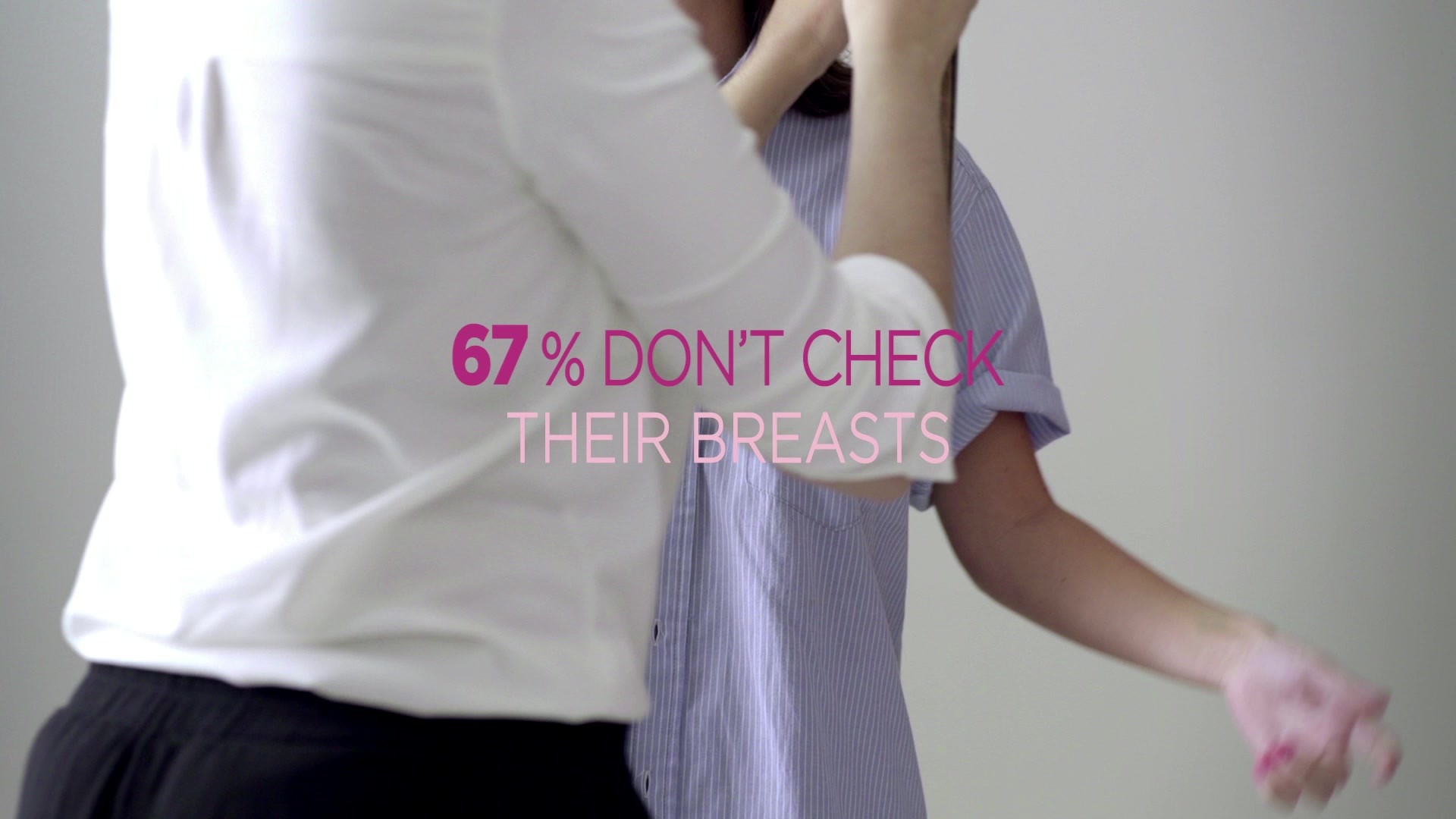Health and Wellness > Education & Services
FREE THE KIDS
MULLENLOWE GROUP, London / UNILEVER / 2016
Awards:
Overview
Credits
OVERVIEW
BriefExplanation
BriefWithProjectedOutcomes
N/A
CampaignDescription
The time kids spend outdoors gets smaller every day – but it’s hard to understand how much time is too little unless we can put it into a context that’s easily recognised.
The rights of prison inmates to outdoor time are laid down by the UN. This is not the case for children, who now spend less free time outdoors each day than prisoners.
The creative idea was to compare the time the average child spends outdoors with that of a prison inmate.
To bring this to life, we visited a high security prison in Indiana to film inmates, and ask them what their outdoor time each day meant to them. We then revealed that kids spend less time outdoors each day than they do, and we filmed their reactions. Because they truly understand what it means to have free time outside, they were shocked by this statistic.
Execution
The aim of the campaign was to maximise impact and get this issue onto the public's agenda. We therefore chose to go for a big, PR-led burst campaign, which launched in the UK and Brazil simultaneously.
We teed up the media with several PR-placed articles highlighting the lack of outdoor play and the announcement of Sir Ken Robinson as our Dirt is Good Child Development Advisory Board Chairman.
With the media primed, 4th April was then our big launch. The primary focus was online, with the online film and related content taking over Twitter Moments (a Unilever first), a live Periscope broadcast by Sir Ken, and rich banners. Offline, the film was pushed out in cinema and custom-made 'prisoner kits' were mailed out to key influencers.
'Free the Kids' is the first phase ('Provoke') of a three-part campaign that encompasses Provoke, Educate and Facilitate.
Outcome
In the first 3 weeks of the launch it got an impressive uptake by the media, with over 471 Million media impressions and 115 articles in renowned titles including Fast Company, Globo, CNN, The Times, the Guardian, The Telegraph and El Pais. As the objective of this campaign was specifically to get the issue of children's outdoor play onto the public agenda, this is an especially relevant measure of success.
There has also been significant engagement online, with thousands of mentions on Twitter on launch day alone, including retweets by influential bodies such as Greenpeace and Public Health.
Relevancy
This is not a campaign with the objective of increasing sales, or even brand equity measures. This is a campaign with the sole objective of getting children outside more every day. Kids' time outside has been shrinking over the last 20 years and they now get less than one hour of outdoor play per day. By using a provocative execution, this campaign aims to draw attention to this issue and get kids being active outside again - something that will have significant impacts on their health and wellness in the long run.
Strategy
OMO launched ‘Dirt is Good’ in 2004 and has been advocating the need for children to go outside and get dirty since this time, because when a child is free to play and get dirty, they learn essential life skills that cannot be taught in a schoolroom.
The shocking insight, that prisoners are spending more time outdoors than children was chosen to communicate the fact that children need to spend more time outside as it quickly and starkly gets the point across that society needs to change it’s behaviour.
This campaign is aimed at society in general, with a skew towards parents.
The approach chosen was to create an provocative online film which generated earned reach via influencers and PR. With the overall ambition to drive conversation and increase desire to change behaviour.
Synopsis
OMO (Persil) believes that Dirt is Good, because when a child is free to play and get dirty, they learn essential life skills that cannot be taught in a schoolroom.
The problem is that societal change and the explosion in technology over the last decade have drastically altered kids' lifestyles: children are not getting dirty nowadays, because children are no longer going out to play. The implications for child development are deeply concerning.
The brief to the agency was to draw attention to the drastic decline in children’s free play, particularly outdoor play, and to get the issue onto the agenda of parents, teachers and policy makers.
Our objective was to generate debate via earned rather than paid media, as a first step in a longer-term campaign to drive behavioural change.
More Entries from Education & Awareness in Health and Wellness
24 items
More Entries from MULLENLOWE GROUP
24 items




